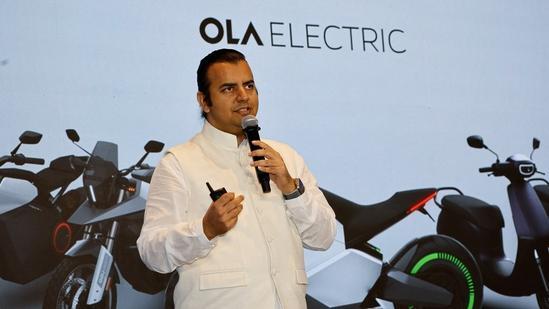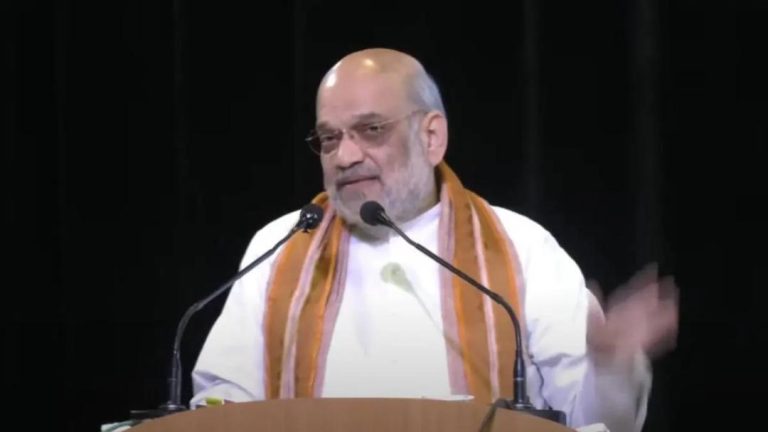
Ola Electric Gets Govt Notice for Missing PLI Targets: Reports
In a recent development that has sent shockwaves through the electric vehicle (EV) industry, Ola Electric’s battery unit, Ola Cell Technologies, has reportedly received a government notice for failing to meet the targets specified under the Production Linked Incentive (PLI) scheme. The PLI scheme is a government initiative aimed at encouraging the establishment of local battery manufacturing facilities in India.
In 2022, Ola was selected for the PLI scheme, with a target of setting up a massive 20 GW local battery manufacturing facility. However, it appears that the company has failed to meet this target, prompting the government to take action.
According to reports, Ola Electric, along with other companies such as Reliance Battery Storage, will have to pay a penalty for missing the targets under the scheme. The exact amount of the penalty has not been disclosed, but it is likely to be substantial.
The PLI scheme was introduced by the Indian government in 2020, with the aim of promoting domestic manufacturing and reducing the country’s reliance on imports. The scheme provides financial incentives to companies that set up local manufacturing facilities, with the goal of making India a significant player in the global EV market.
Ola Electric’s failure to meet the targets set under the PLI scheme is a significant setback for the company, which had been aggressively expanding its EV business in recent years. The company had planned to use the battery manufacturing facility to supply batteries to its own electric vehicles, as well as to other companies in the industry.
The government’s notice to Ola Electric is likely to have significant implications for the company’s future plans. The company may have to re-evaluate its strategy and make significant changes to its business model in order to meet the targets set under the PLI scheme.
The failure of Ola Electric to meet the targets set under the PLI scheme is also a significant setback for the Indian government, which had been counting on the company to play a key role in the country’s EV revolution. The government had been providing significant financial incentives to companies like Ola Electric to encourage them to set up local manufacturing facilities, and the failure of these companies to meet their targets is likely to have a significant impact on the government’s plans.
In conclusion, Ola Electric’s failure to meet the targets set under the PLI scheme is a significant setback for the company, as well as for the Indian government. The company will have to re-evaluate its strategy and make significant changes to its business model in order to meet the targets set under the scheme. The government, on the other hand, will have to re-evaluate its plans for the EV industry and consider alternative strategies for promoting domestic manufacturing.
Source:






